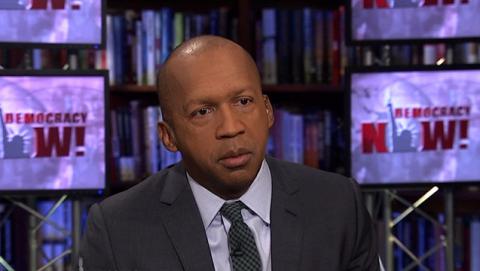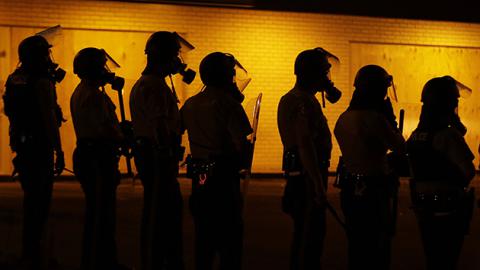Gentrification in Johannesburg Isn't Good news for Everyone
Al Jazeera
Johannesburg’s inner city has seen dramatic change in the past 20 years. As apartheid began to collapse, laws that kept the black majority out of cities were first disregarded and then repealed. As black people moved in, whites fled to suburbs. The inner city dramatically degraded, with neglected buildings, fewer services and crime. Now this image of downtown Johannesburg is beginning to shift, with the arrival of property developers who are creating affluent enclaves.



Spread the word